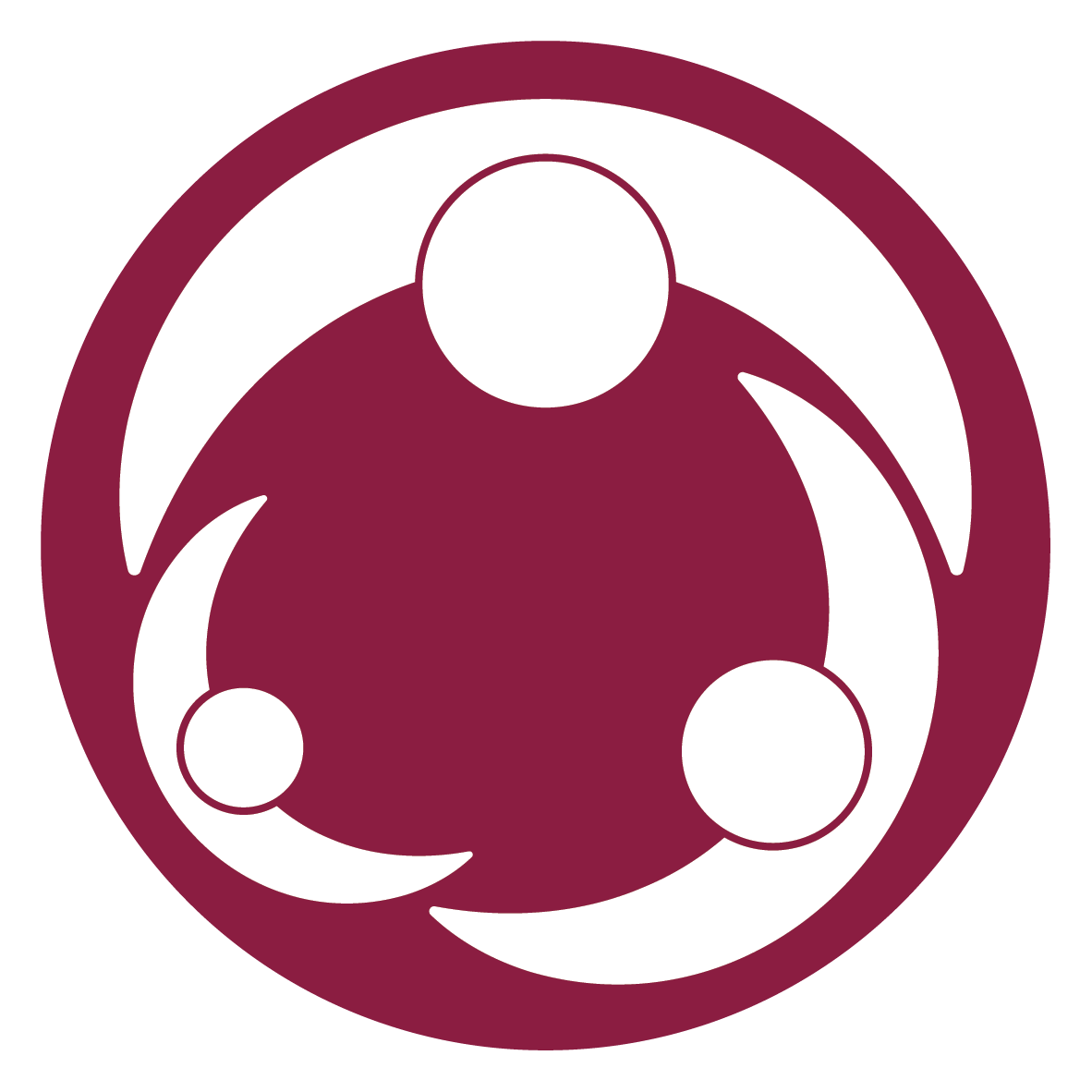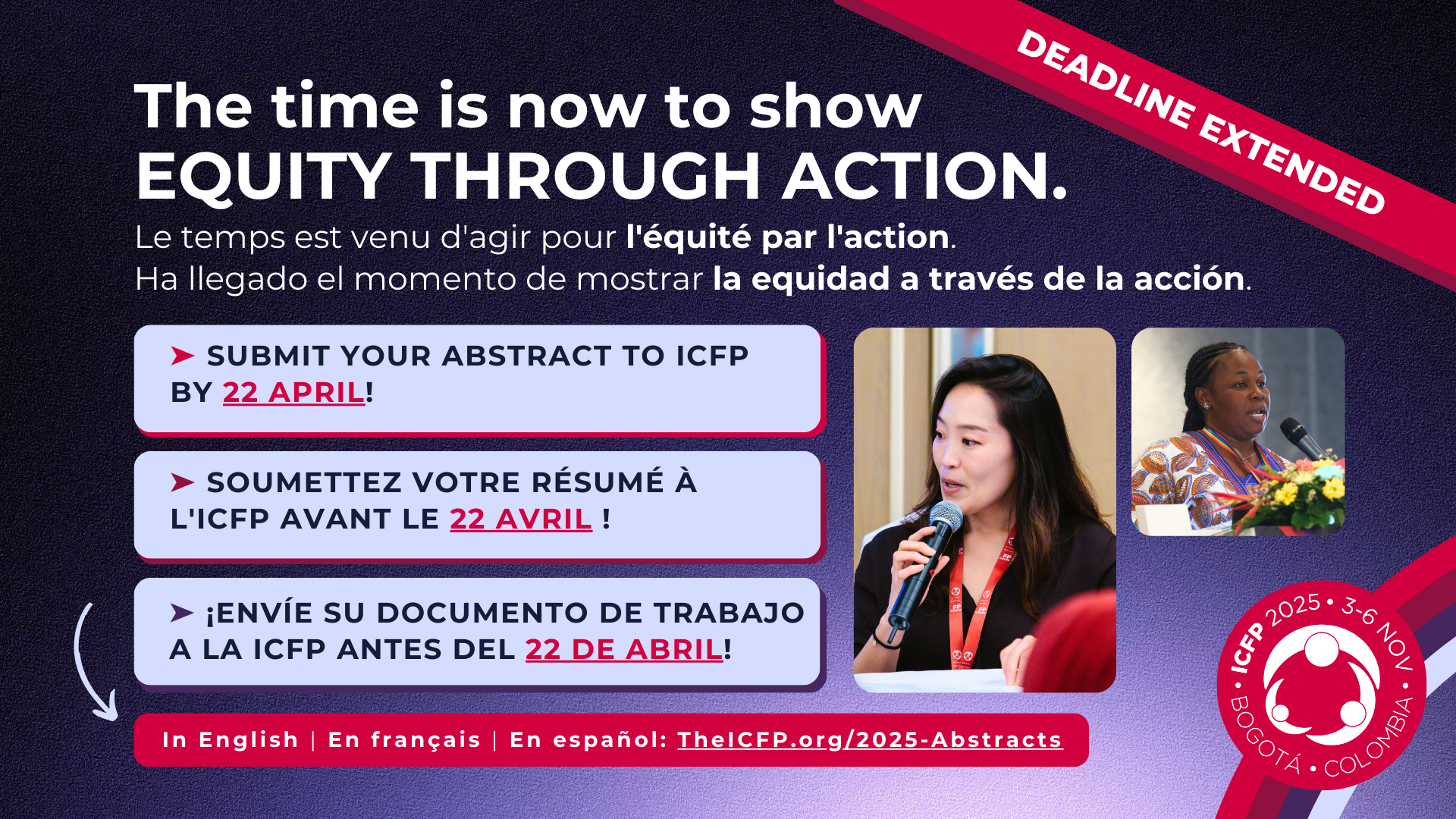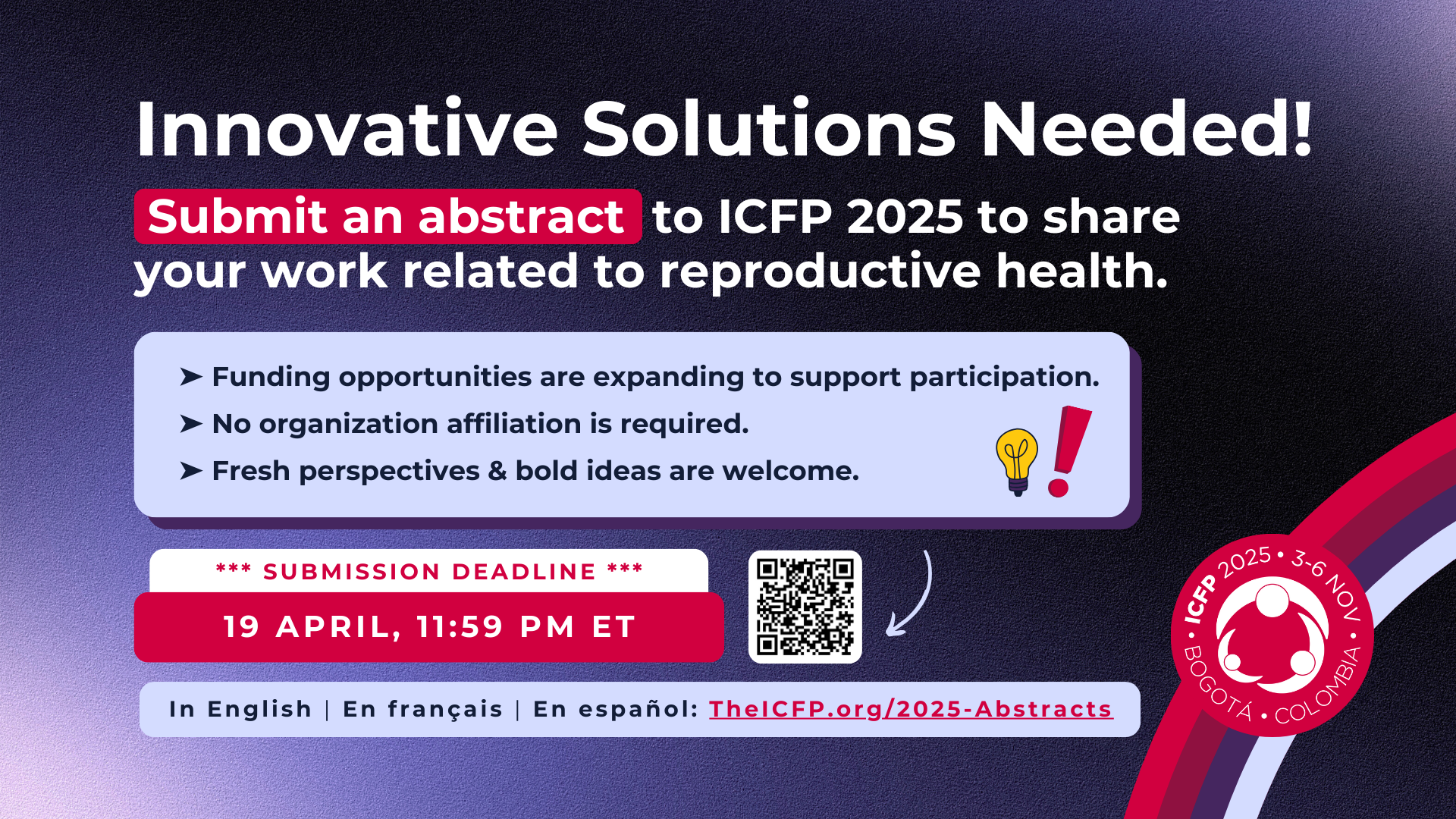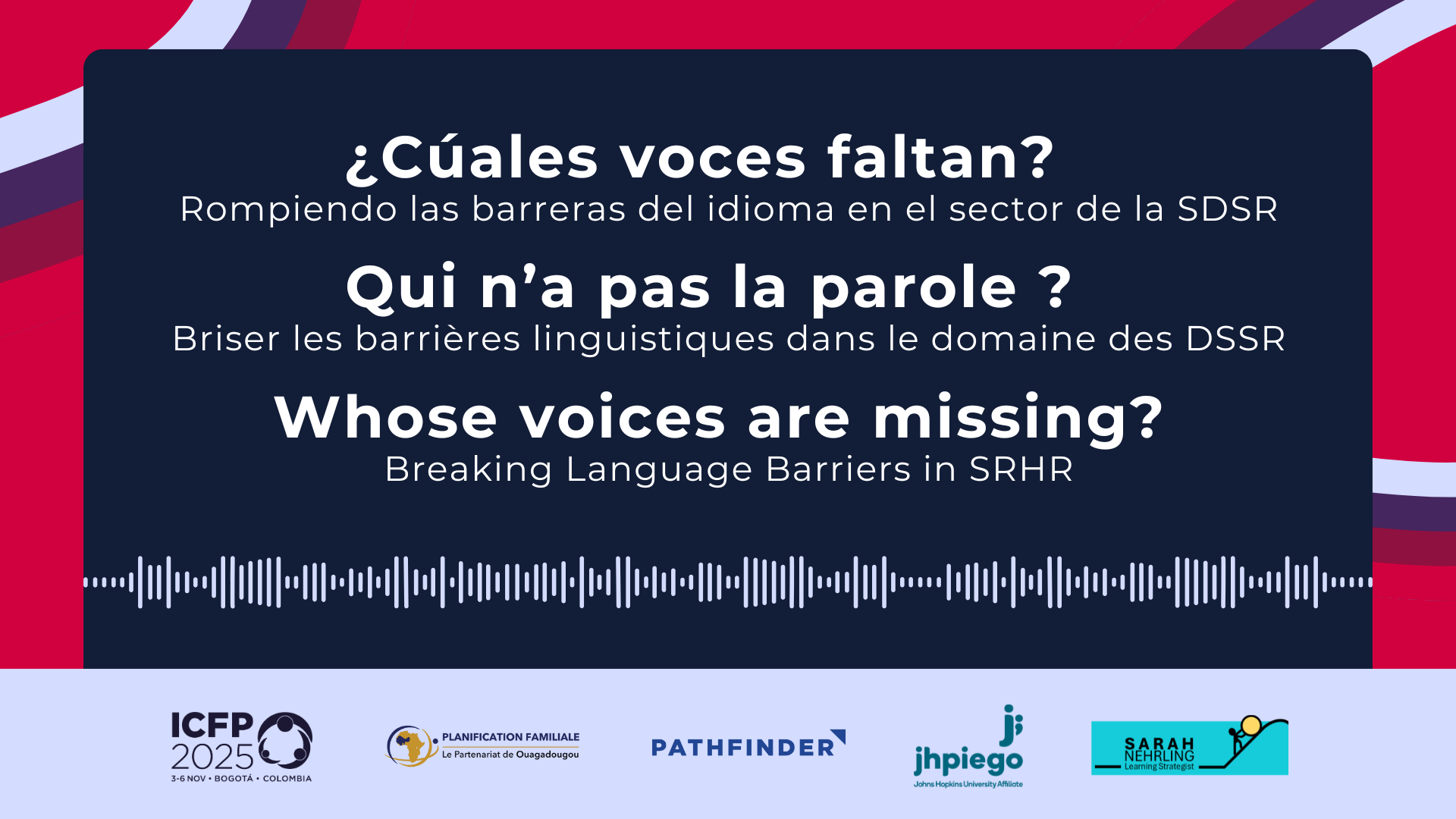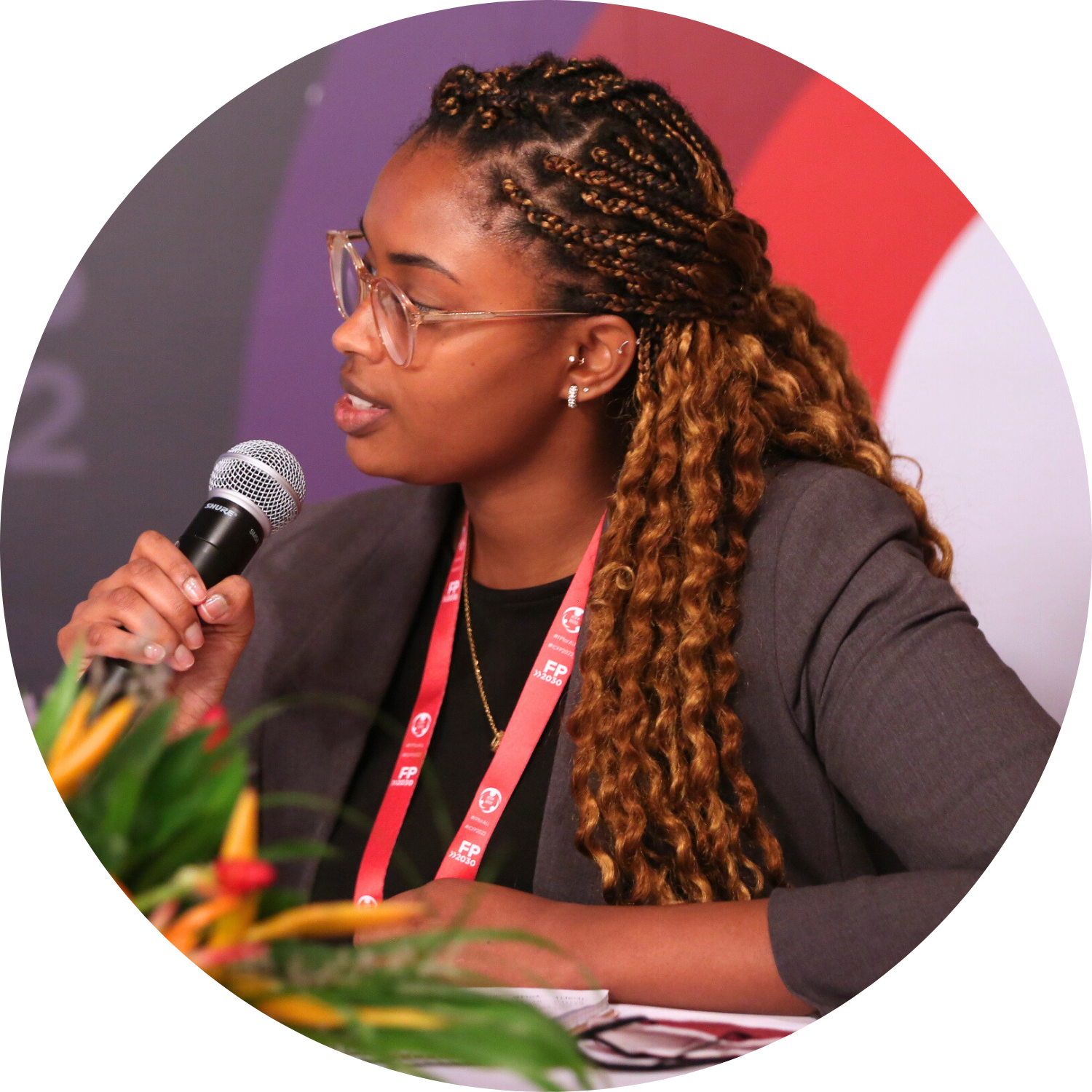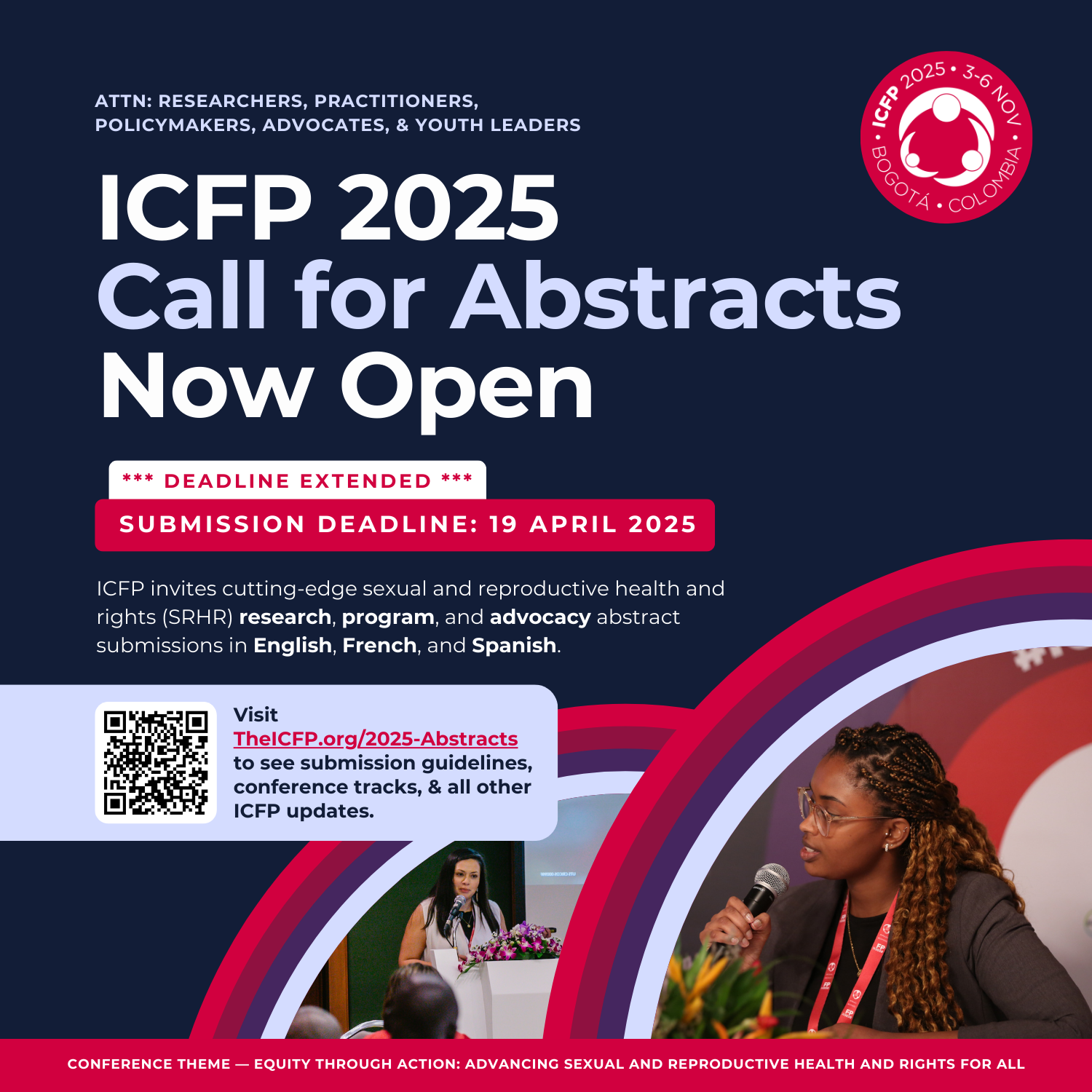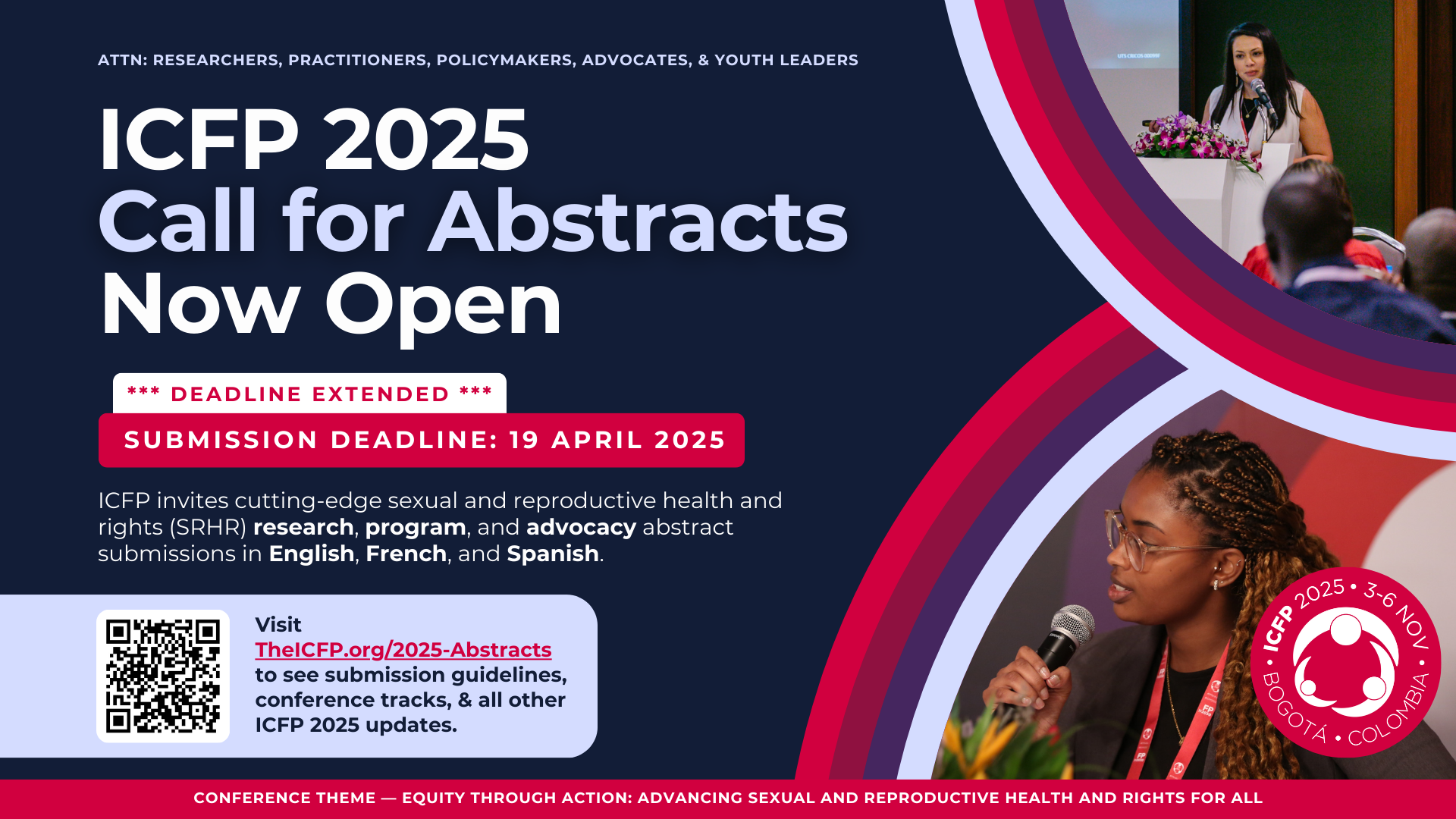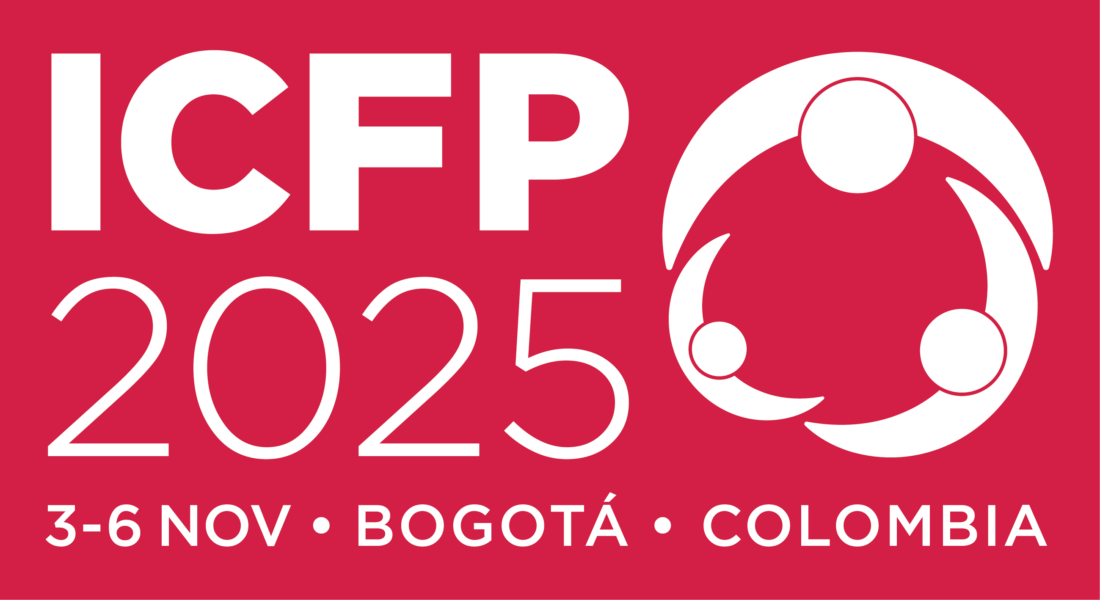After reviewing the 30 below projects, please vote for your favorite idea on the Slido poll!
1. Abiot Nigat, Ethiopian Center for Disability and Development
Title: “Increasing the Accessibility of the ‘Minch Platform’ for Disability Inclusion in Sexual and Reproductive Health Services in Ethiopia”
To improve the “Minch Platform” that connects persons with disabilities to sexual and reproductive health (SRH) and disability related information in Ethiopia. QIC funds would be used to translate existing SRH materials into multiple languages to broaden regional coverage and transition the platform from an interactive voice response system to a phone app to be more user-friendly. By bringing SRH information to persons with disabilities, ECDD will contribute to efforts to increase family planning uptake in Ethiopia.
2. Amina Swanepoel, Roots of Health
Title: “Friendlier Care for All: A Holistic Solution to Improving Youth Access to Sexual Health Services in the Philippines”
To address the unmet need for adolescent sexual and reproductive health (ASRH) services from a supply and demand angle in urban and rural areas, QIC funds would be used to support a suite of activities that include: providing urban youth with ASRH services via youth volunteers and clinics, activating government youth counselors to link rural youth to ASRH services, training and supporting government health providers to provide non-judgmental services to sexually active young people in rural areas and linking first-time mothers to contraceptive services.
3. Anju Shrestha, Disabilities 2030 and Y-PEER Asia Pacific
Title: “Unseen Disabilities – Providing Youth With Disabilities Access to SRHR Information in South Asia”
To bring sexual and reproductive health (SRH) information to deaf and hard of hearing young people between the ages of 16 – 29 in Nepal, Pakistan and Bhutan. QIC funds would be used to create visually animated videos and a physical training guide and materials to bring SRH information to persons with unseen disabilities in the region.
4. Cynthia Chinchilla Angel, Advocates for Youth
Title: “Advancing access to quality sexual and reproductive health information for adolescents by elevating youth voices through storytelling and animation in Latin America and the Caribbean”
To lead a competition in which young people aged 10-19 in Latin America and the Caribbean will be invited to submit stories that address gaps in sexual and reproductive health information in their community and prompt peers to access services when needed. QIC funds would be used to support this competition, including providing coaching and technical support. The stories will be developed into animated videos for dissemination locally, through community events and at schools, and globally through local, regional, and international websites.
5. Damien Riggs, Flinders University
Title: “Inclusive sexuality and relationships education for trans young people in Australia”
To create an innovative online portal that will share trans-inclusive sexuality and relationships education (SRE) materials that can be used by schools and accessed directly by trans young people unable to access SRE in schools. QIC funds would be used to create the educational portal that will be accessible to educators and young people primarily in Australia, but also to a diversity of countries.
6. Dickson Malila, Afyaplus
Title: “Evidence Based Strategic Advocacy for Strengthening Provision of Sexual Reproductive Health and Rights Education Services to Adolescent Girls and Young Women Through Community-led Monitoring in Iringa Region Tanzania”
To use evidence-based advocacy strategies to strengthen sexual and reproductive health and rights (SHRH) education in primary and secondary schools by 2030 to meet Sustainable Development Goals 3 & 5. QIC funds would be dedicated towards a multi-pronged set of activities that include developing a strategic advocacy plan for adolescent SRHR, bringing adolescent SRHR Champions into existing decision-making bodies such as school committees, Ward Development Committees, religious institutions and unions, and developing the capacity of decision-makers to translate research to policy and programs.
7. Jenny Liu, University of California, San Francisco
Title: “Using Youth Actors to measure and address stigma among Adolescent Girls and Young Women seeking sexual health care services in Tanzania”
To measure and address stigma using a youth-centered approach in Tanzania. QIC funds would be used to conduct the research and use findings to create provider training materials on youth-friendly, stigma-free SRH services and develop a video on pre-exposure prophylaxis for HIV prevention (PrEP) that addresses lack of awareness and perceived disempowerment among adolescent girls and young women about HIV prevention.
8. Jostas Mwebembezi, Rwenzori Center for Research and Advocacy
Title: “Adolescent Sexual and Reproductive Health Gatherings for Young Mother Gardeners by and for the Whole Adolescent in Western Uganda”
To leverage gardening as an entry point for increasing information and access to sexual and reproductive health (SRH) information and services with a focus on adolescent single mothers. QIC funds would be allocated towards the 1,000 Women’s Gardens Initiative to engage with adolescents during interactive, peer educator-led ASRH Gardener Gatherings geared toward the whole adolescent’s welfare.
9. Judicaelle Irakoze “Trust Indigenous Culture and Health – TICAH
Title: “Expanding access to Mama Sophia to Francophone Africa – a free, comprehensive, and secure app for sexual and reproductive health information and resources”
To update the Mama Sophia app (https://sophia.mamanetwork.org/) to expand its reach and provide more individuals with access to comprehensive SRH information. QIC funds would be used to make the app available in French to reach users in West Africa and Central Africa, improve its track your period cycle features, and expand the number of MAMA organization helplines to connect users in Francophone countries to a counselor who speaks French.
10. Lucky Palmer, Ipas/Ipas Nigeria Health Foundation
Title: “Improving educational and economic outcomes for adolescent girls through access to sexual and reproductive health (SRH) services in Nepal”
To create in-person and virtual safe spaces where adolescent girls can access SRH information and services through community-based organizations or patent medicine vendors and build livelihood skills. QIC funds would be used to design these spaces in alignment with the WHO Abortion care guideline, emphasizing both contraception and abortion self-care to enable adolescent girls to delay motherhood and actualize their goals.
11. Mirak Angdembe, PSI Nepal
Title: “An innovative solution to strengthen local government capability and accountability for ensuring quality medical abortion services, and reimbursing costs, to bring care closer to women in local communities in Nepal”
To bring abortion care to women in targeted communities through registered providers and delivery sites where medical abortion (MA) can be available and free-of-charge to those who have need. QIC funds would be used by PSI for a suite of activities aimed at building local government capacity to register MA providers and sites, strengthen provider capacity to ensure service quality and foster local accountability.
12. Narayani Tripathi, Family Planning Association of Nepal
Title: “Strengthening Access to Young and Adolescence for Sexual and Reproductive Health, Information & Services (SATYAS Project) through Digital Health Interventions in Nepal”
To reach young people with limited access to quality SRH information and services through a multi-pronged youth action initiative. QIC funds would be used to improve the quality of integrated hybrid (both physical and digital) sexual and reproductive health care (iHSRH) through the development of iHSRH journey maps, service protocols and feedback reporting mechanisms to build the iHSRH capacities of young people and healthcare providers.
13. Paschal Kaganda Nyendo, Makerere University School of Public Health
Title: “Promoting uptake of self-care family planning methods from beauty parlors; a pilot randomized-controlled trial to assess the effectiveness of salon-based sensitization of young women in Kampala and Masaka districts in Uganda”
To increase uptake of self-care FP products, by demonstrating the effectiveness of using salons as alternative family planning promotion centers. QIC funds would be used to conduct a study to document the impact of leveraging self-care family planning provision withing existing beauty care services among women seeking hair and skin care from salons in urban areas.
14. Polyphile Ntihinyurwa, University of Rwanda
Title: “Implementing outpatient management of first trimester abortion in Rwanda”
To introduce an outpatient medical and surgical abortion process that would not require hospital admission in alignment with the WHO guidelines. QIC funds would be used to translate global guidelines into practice by documenting the feasibility and acceptability of this modality of service delivery.
15. Lauren Archer, DKT International
Title: “Leveraging grassroots groups and digital technology to increase equitable access to high quality medical abortion products and services among low-income women and girls in peri-urban Nairobi, Kenya”
To raise awareness about the availability of quality medical abortion options at the grassroots level and ensure a supply of quality abortion medications. QIC funds would be used to build a comprehensive ecosystem that improves awareness of and access to medical abortion products among low-income women in greater Nairobi. Trained ‘Champion’ sites will be integrated into the geo-mapped location function of www.safe2choose.org and DKT will pilot a digital discount code system in partnership with Safe2Choose to address the price barriers that exist for women accessing safe abortion.
16. Laura Ramos Tomas, TASH – The Pleasure Project (TPP) & TabuTabu (TT)
Title: “Ana Autoestima: Putting wellbeing, autonomy and pleasure at the center of women’s sexual and reproductive health and rights in Brazil”
To put women and girls’ wellbeing at the center via ‘Ana Autoestima’, a pleasure-focused sexuality education messaging and community engagement service for women living in favelas in Rio de Janeiro, Brazil. QIC funds would be used to expand access to this phone-based sex and pleasure-positive information service by incorporating and testing a women-centric asset-based framework designed with feminist groups from across the globe.
17. Lauren Suchman, University of California San Francisco – UCSF
Title: “Future of RH Research (FOR) Kenya: Training Adolescent Girls and Young Women to Design and Conduct Studies on Quality of Contraceptive Care”
To train a small cohort of adolescent girls and young women in qualitative research methods. QIC funds would be used to train adolescent girls and young women in qualitative research and guide them through designing and running their own pilot studies related to improving access to quality contraceptive care for adolescents and young women in Nairobi, Kenya.
18. Margaret Bolagi, Stand With A Girl Initiative
Title: “Strengthening SRHR Access and Utilization for Internally Displaced Girls & Young Women in Nigeria”
To empower 1000 internally displaced young women to access, utilize and advocate for quality sexual and reproductive health (SRH) information and services. QIC funds would be used for a multi-pronged effort that would include community engagement and social mobilization, engaging traditional and new media to dispel myths and misconceptions on SRHR and high-level advocacy to address barrier to SRHR for internally displaced women and girls in all of their diversities.
19. Meskerem Setegne, EngenderHealth
Title: “Innovative ways to support social movements in Ethiopia to destigmatize quality abortion care and counter the growing anti-choice movement targeted at healthcare professionals”
To leverage EngenderHealth’s innovative gender, youth and social inclusion (GYSI) tools to train a volunteer network of young and feminist professionals to address the growing anti-choice movement in Ethiopia. QIC funds would be used to design and implement a social media-based advocacy and communication campaign using platforms such as Yetena Weg to support safe abortion and advocate with the government to expand self-care and task-shifting and enhance accountability on anti-choice actions.
20. Rachael McGuin, BBC Media Action
Title: “Providing 2.5 million young Bangladeshis with quality sexual and reproductive health information that actually addresses the main behavioral drivers to better health”
To disseminate quality sexual and reproductive health (SRH) content that was produced as part of a UNFPA-funded project in Bangladesh. QIC funds would be used to repurpose and repost a back catalogue of content related to SRH information and services on mass and social media over a period of ten months to reach an estimated 2.5 million Bangladeshis.
21. Ramatou Ouedraogo, African Population and Health Research Center
Title: “Nisaidie, usinidhuru! (Help me, don’t harm me!) A pilot to improve the access to and provision of comprehensive and women-centered post-rape and abortion services in Kilifi county, Kenya”
To address the need for post-rape and abortion services in Kenya. QIC funds would be used for a multi-pronged effort to shift norms around how girls and young women should be treated when seeking SRH services. The project will leverage elements of human centered design to strengthen the capacity of health workers, promote helplines to support adolescent girls and young women and build their capacity to manage sexual and gender-based violence. Youth will lead an ethnographic process evaluation of the effort to provide evidence for scale-up in other settings.
22. Rashmika Balsubramaniam, Family Planning Association of Sri Lanka
Title: “Ask Sri!” – Sri Lanka’s first sex-ed chatbot”
To support Ask Sri! a chatbot that provides a safe and confidential environment for persons seeking SRH information and services. QIC funds would be used to further improve the functionality of Ask Sri! and improve the accessibility of sexual education to all persons.
23. Ramish Nadeem, Advocates for Youth
Title: “#MuslimAnd Informed: Quality Sexual and Reproductive Health Information Video Resources Developed and Amplified by and for young Muslims in the United States”
To provide Muslim youth with information to make informed decisions concerning their health. QIC funds would be used to collaborate with young Muslim sexual and reproductive health (SRH) organizers to lead the design and implementation of animated videos that deliver culturally relevant information to Muslim youth leveraging Advocates’ AMAZE initiative. The videos will be developed with experts in Muslim sexuality education and uplift programming that is inclusive and faith-based.
24. Saad Haroon, Youth Voice Network Albania – Rutgers
Title: “Scale up of the digital and in-person Journey4Life Intervention in Albania”
To scale up in-person and digital sexual education in Albania. QIC funds would be used to scale up Journey4Life, a sex education curriculum co-designed and co-created by young people and facilitated by peers aged 15-24 years that focuses on sexual and reproductive health (SRH) and socio-emotional learning. The digital curriculum can reach youth in their homes with authentic SRH knowledge and information.
25. Sebele Petronella Ntambo, Ipas
Title: “Strengthen the quality of Sexual Reproductive Health and Rights of women and young girls through a sustainable abortion ecosystem and digital platform in Southern Africa”
To develop a digital platform to share information on sexual and reproductive health, including abortion. QIC funds would be used to develop this user-centered platform that can be accessed by anyone with any mobile phone without the need for internet connectivity in South Africa, Malawi and Zambia. The platform will promote privacy and confidentiality, avoiding the harm from spread of misinformation and strive towards social norms that are free of abortion stigma and discrimination.
26. Simon Binezero Mambo, Youth Alliance for Reproductive Health
Title: “Savoir Pour Choisir” North- Kivu, Democratic Republic of Congo
To engage young people and community members in North Kivu to improve knowledge about access to safe abortion services in the DRC. QIC funds would be used to create a reference network for youth at the community level to advocate for access to safe abortion services and disseminate information about the Maputo Protocol.
27. Somjet Srikanok, The Planned Parenthood Association of Thailand (PPAT) under the Patronage of Her Royal Highness the Princess Mother
Title: “Engaging communities to support young people with quality, equitable information and services on sexual and reproductive health and rights (SRHR) in Pattani, Thailand”
To engage young people as peer educators to participate and reflect the realities of young people in Pattani. QIC funds would support PPAT to recruit and train peer educators including youth leaders, women leaders and community leaders to provide quality SRH information to their peers, friends, and family members.
28. Surabhi Srivastava, RNW Media
Title: “POV: Young people claim their digital rights and sexual and reproductive health and rights! An LGBTQ youth-led vision of digital inclusion to achieve quality sexual and reproductive health information and care in Cotonou, Benin”
To co-create a lesbian, gay, bisexual, transgender, and queer (LGBTQ) youth-led digital inclusion plan for Cotonou, Benin. QIC funds would be used to engage stakeholders, including non-sexual and reproductive health (SRH) actors, e.g. internet service providers and technology companies, to develop a holistic roadmap for a digital SRH information and care platform that is tailored to the SRH needs of LGBTQ youth. The roadmap would be a bridge to address the broader digital inequities that shape LGBTQ youth’s digital realities in Benin.
29. Veronica Pellizzar, Etta Projects
Title: “Supporting Teens to bring SRHR to the forefront in Bolivia- An Urban and Rural approach”
To develop a comprehensive sexual and reproductive health program in schools, in the community and nationally. QIC funds would be used to train and mentor young women, parents and professors; teach urban and rural health care providers to offer quality counseling and contraceptives to youth and to collaborate with a new Youth Council to advocate for nationwide quality youth healthcare and invest in future SRHR champions.
30. Belmar Francheschi, Fos Feminista
Title: “For a responsible sexual and reproductive health that respects the environment of girls, adolescent women and young people from Miranda and the Capital District of Venezuela”
To develop a gender transforming project centered around adolescent girls and young women. QIC funds would be used to improve the sexual and reproductive health and rights (SRHR) of women and adolescents in Venezuela via a multi-faceted SRH program working at the individual, family, community and institutional level, in partnership with the Civil Association of Family Planning (PLAFAM).
After reviewing the above projects, please vote for your favorite idea on the Slido poll!
